
Discover Dog Services

Discover Dog-Friendly
Explore parks, trails, and dog-friendly places near you with DogPack. Your guide to over 75,000+ dog-friendly spots. Start your adventure today!
ExploreOur Features
The Feed: Connect with dog owners worldwide! Share your pup's adventures, discover posts from others, and schedule meet-ups with local dog owners to give your furry friend plenty of opportunities to socialize and play.
The Map: Find countless dog-friendly parks, trails, beaches, campgrounds, and services. With ratings and reviews from the DogPack community, you’ll always know the best spots to visit. If you own a dog-friendly business, list it on the map for free to reach more dog owners!
Search Made Simple: Quickly find other members, parks, or services. Use ratings and reviews to choose the best options for your needs.
SuperDog - Your AI Dog Care Expert: Have questions about your dog’s care? SuperDog is here to help! Upload photos of your dog, vet bills, or pet products to get immediate, expert advice. SuperDog can even guess your dog’s breed from a photo—perfect for mixed breeds or curious owners!



Blogs
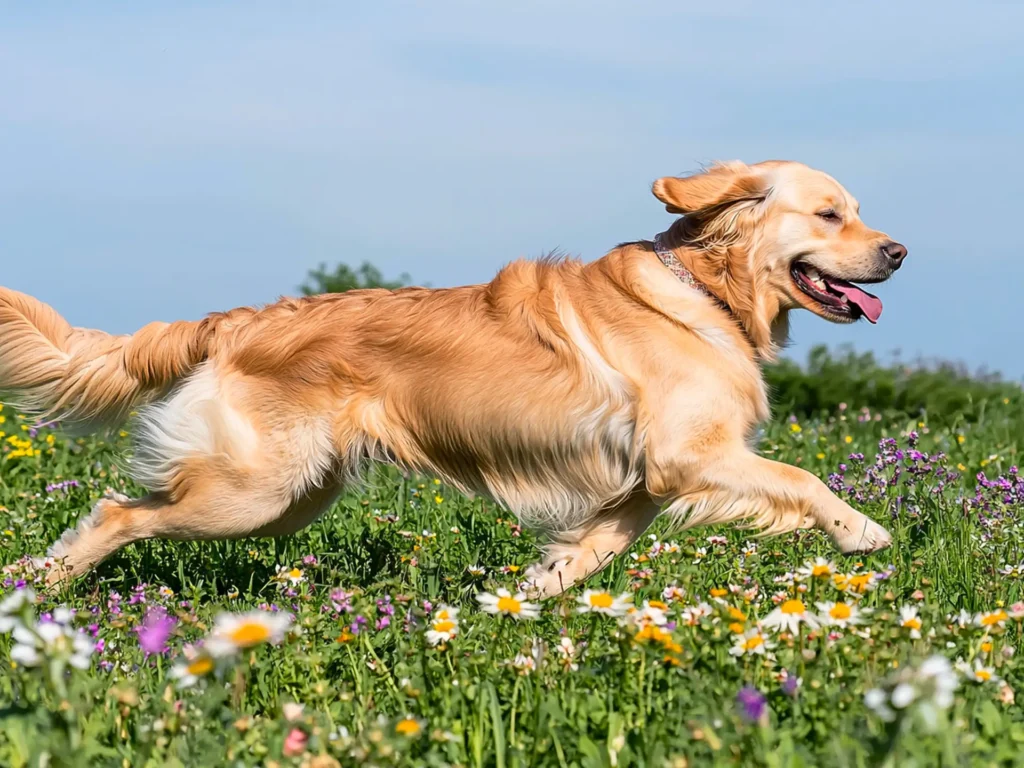
Spring Activities for Dogs: 15 Unforgettable Ideas (+ Pro Tips)
Spring is the perfect season for unforgettable outdoor adventures with your dog. From blooming meadows to fun community events,... Read now
Dog Breeds from Mexico: A Complete Guide to Ancient & Modern Canines
I still remember the first time I stumbled upon a Mexican hairless dog—known locally as a Xoloitzcuintli. I was... Read now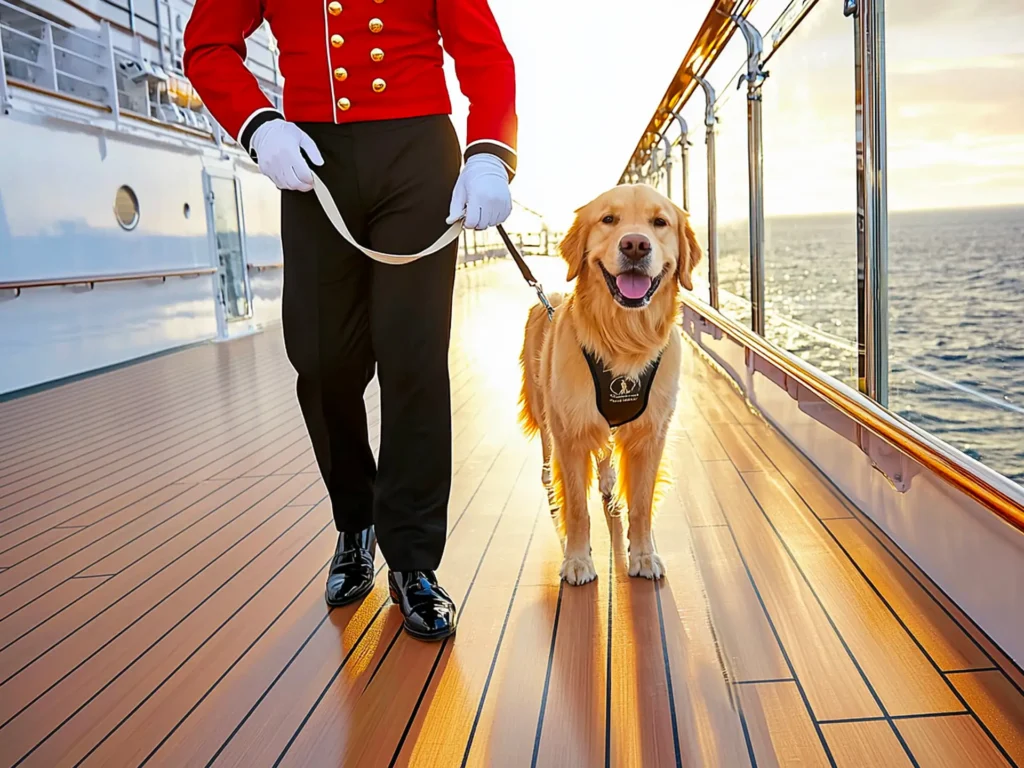
Dog-Friendly Cruise Lines: The Best Cruises for You and Your Pup
If you’ve ever daydreamed about setting sail on the open ocean with your four-legged companion by your side, you’re... Read now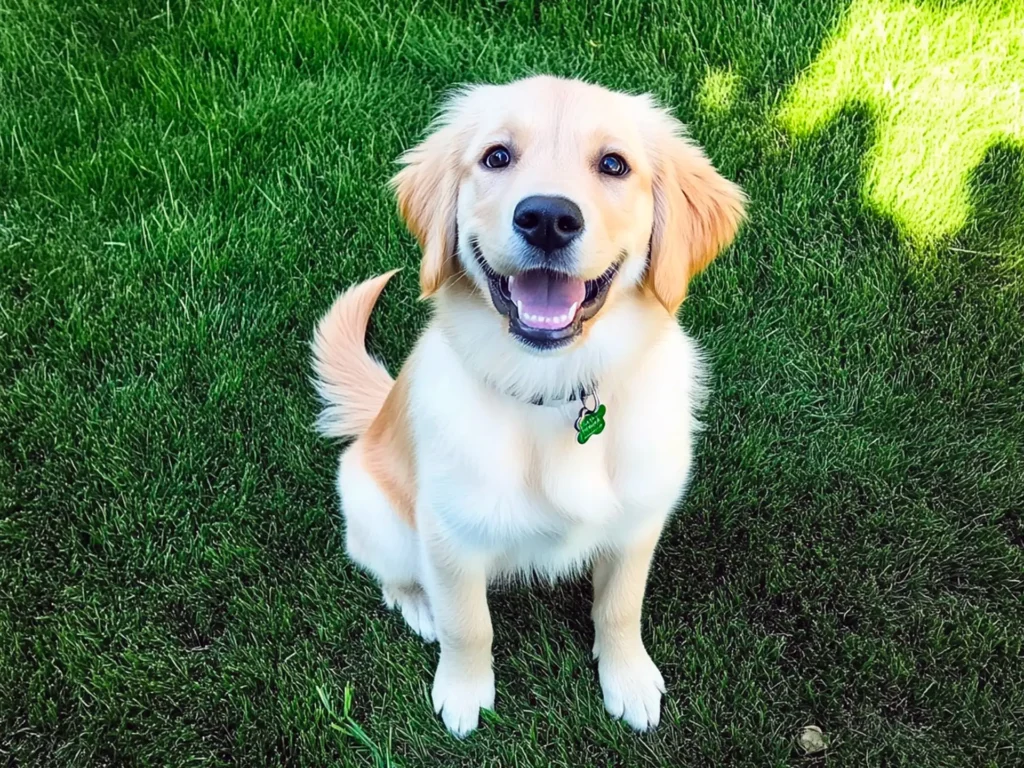


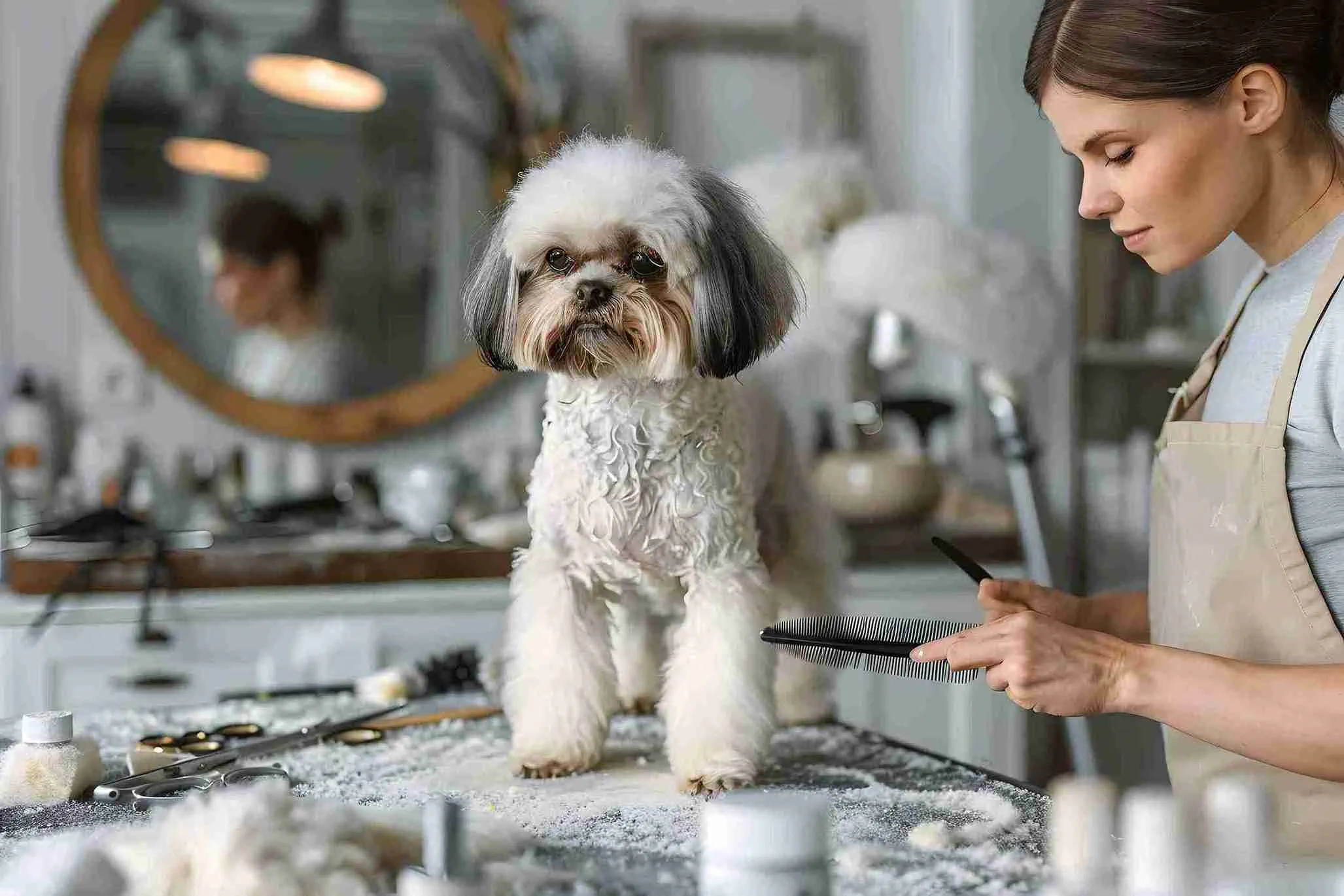
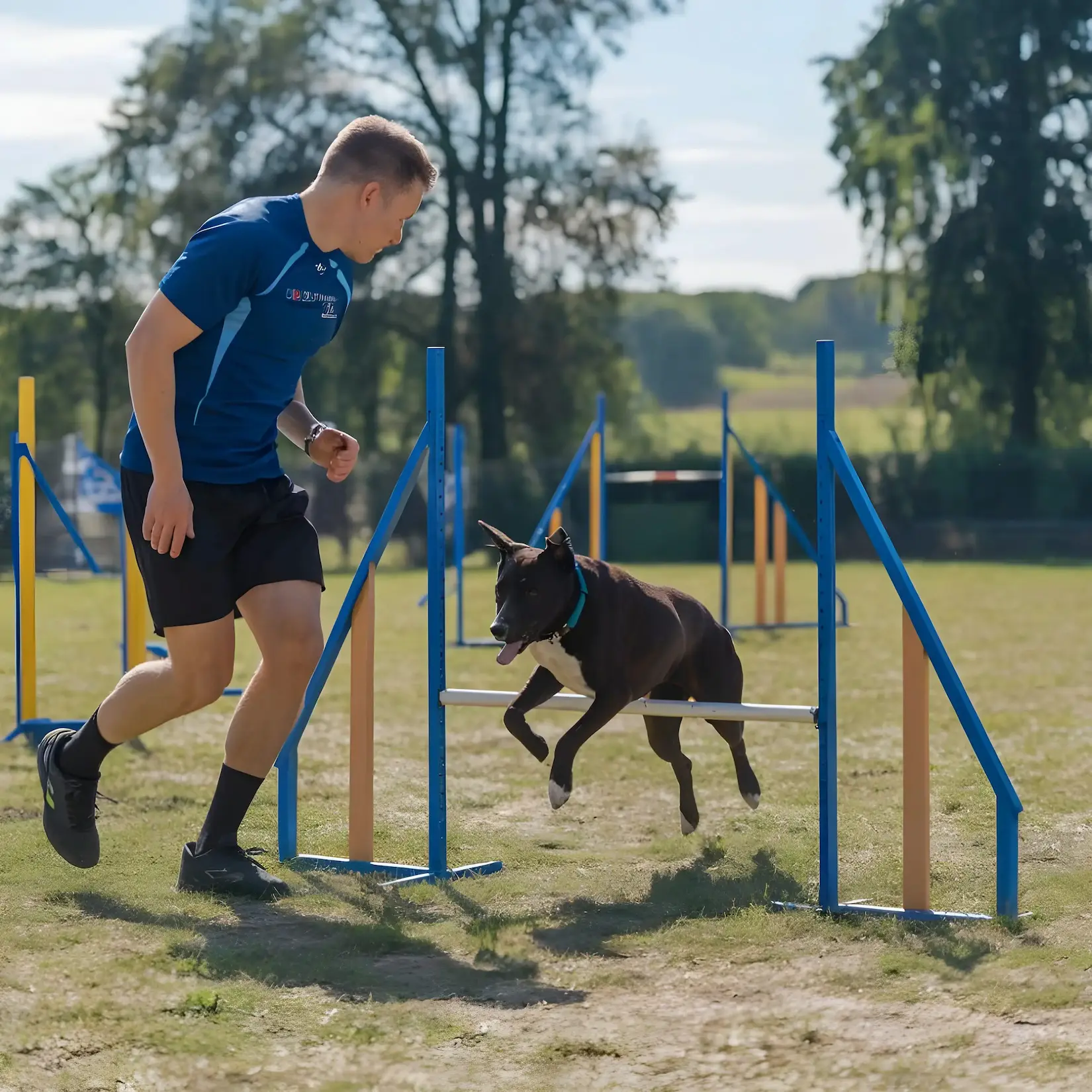
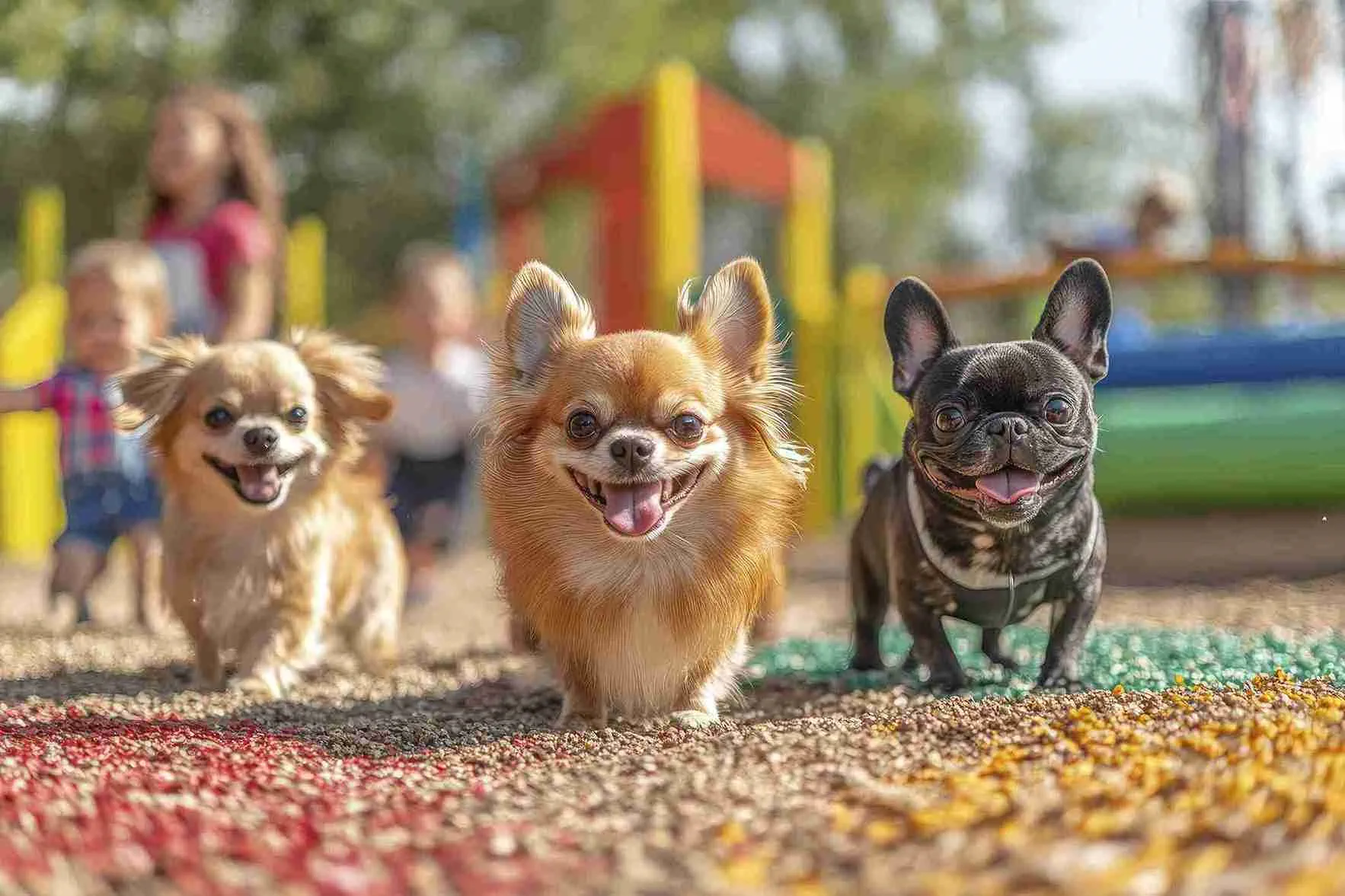
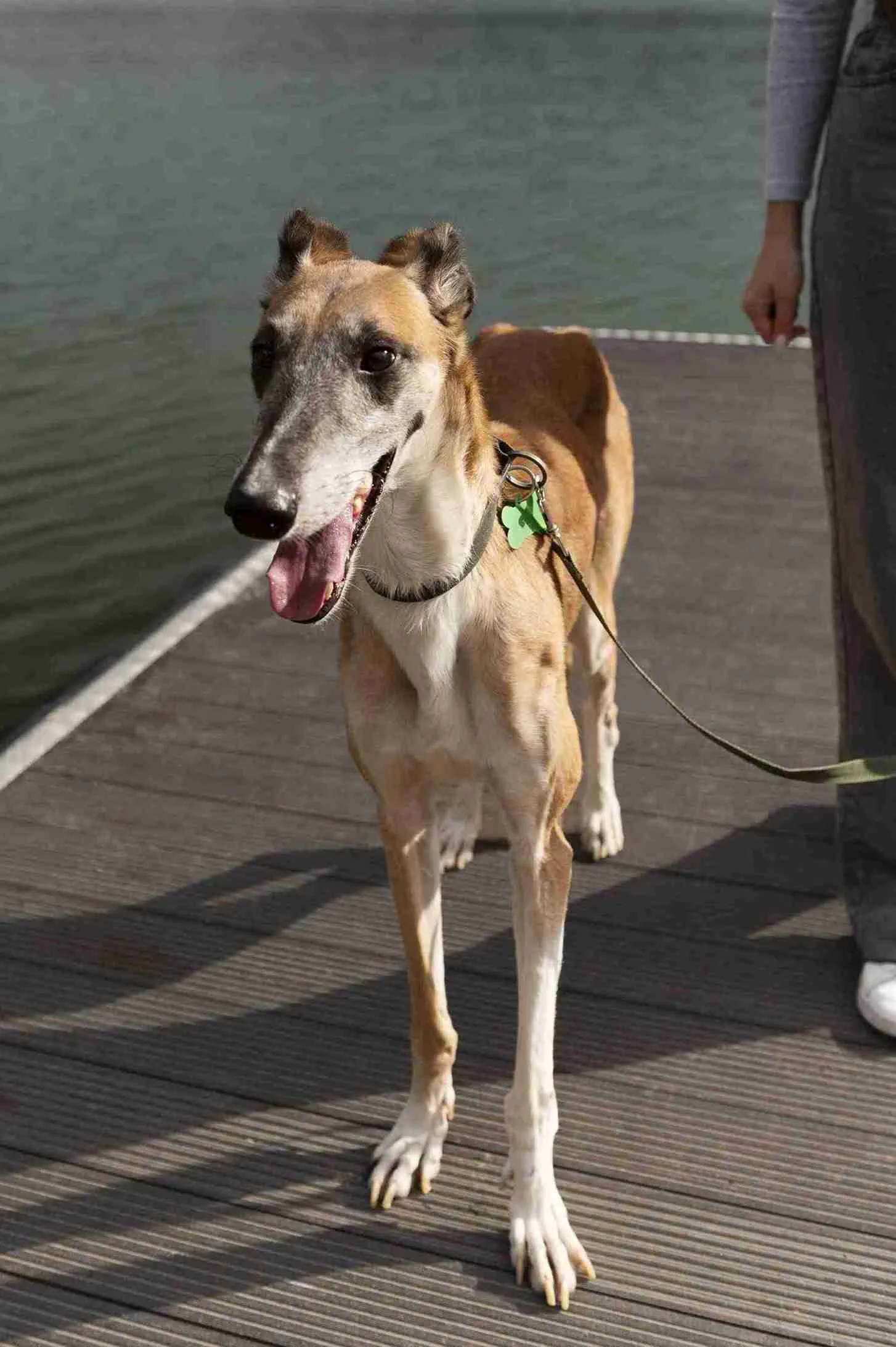
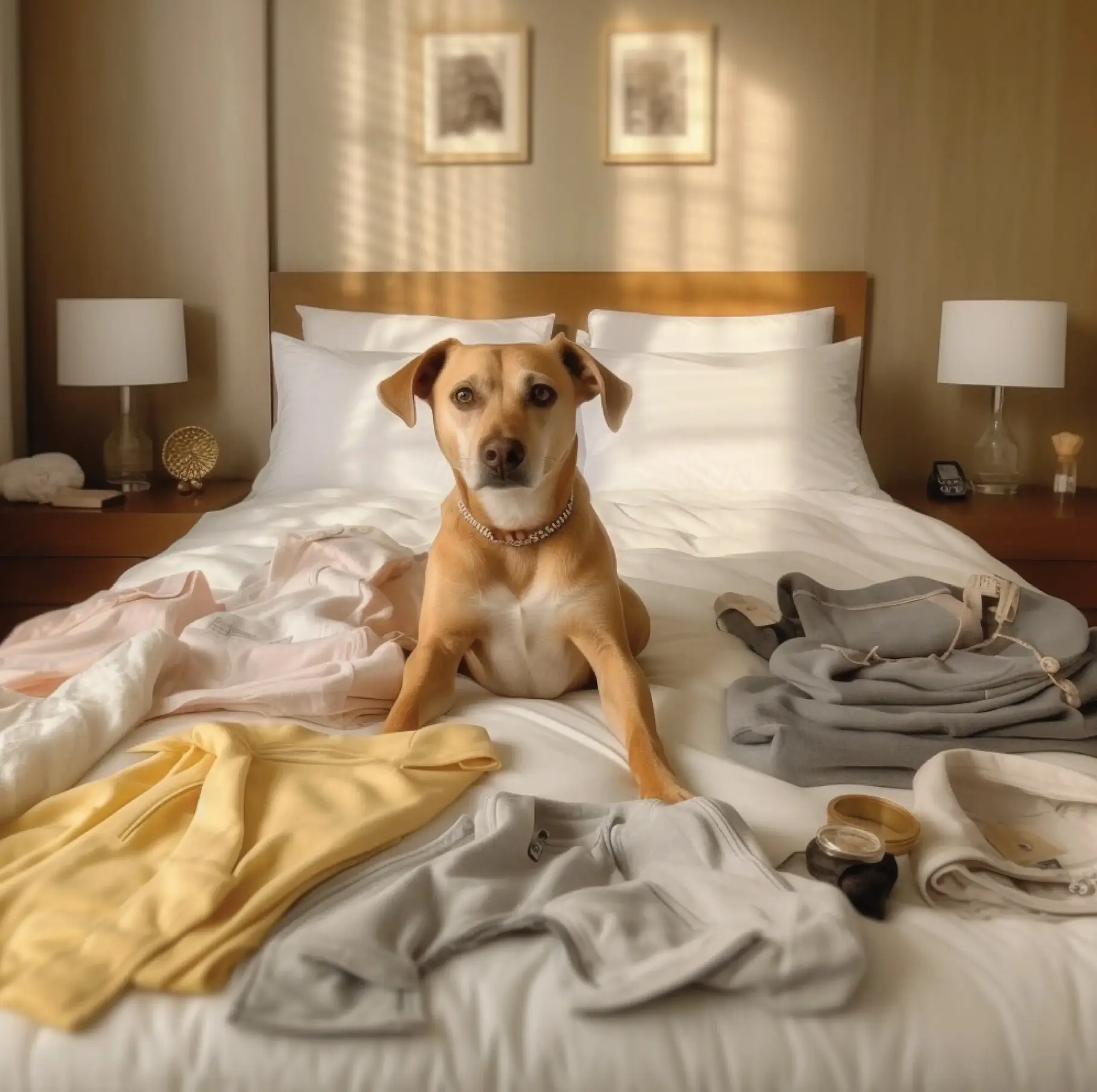


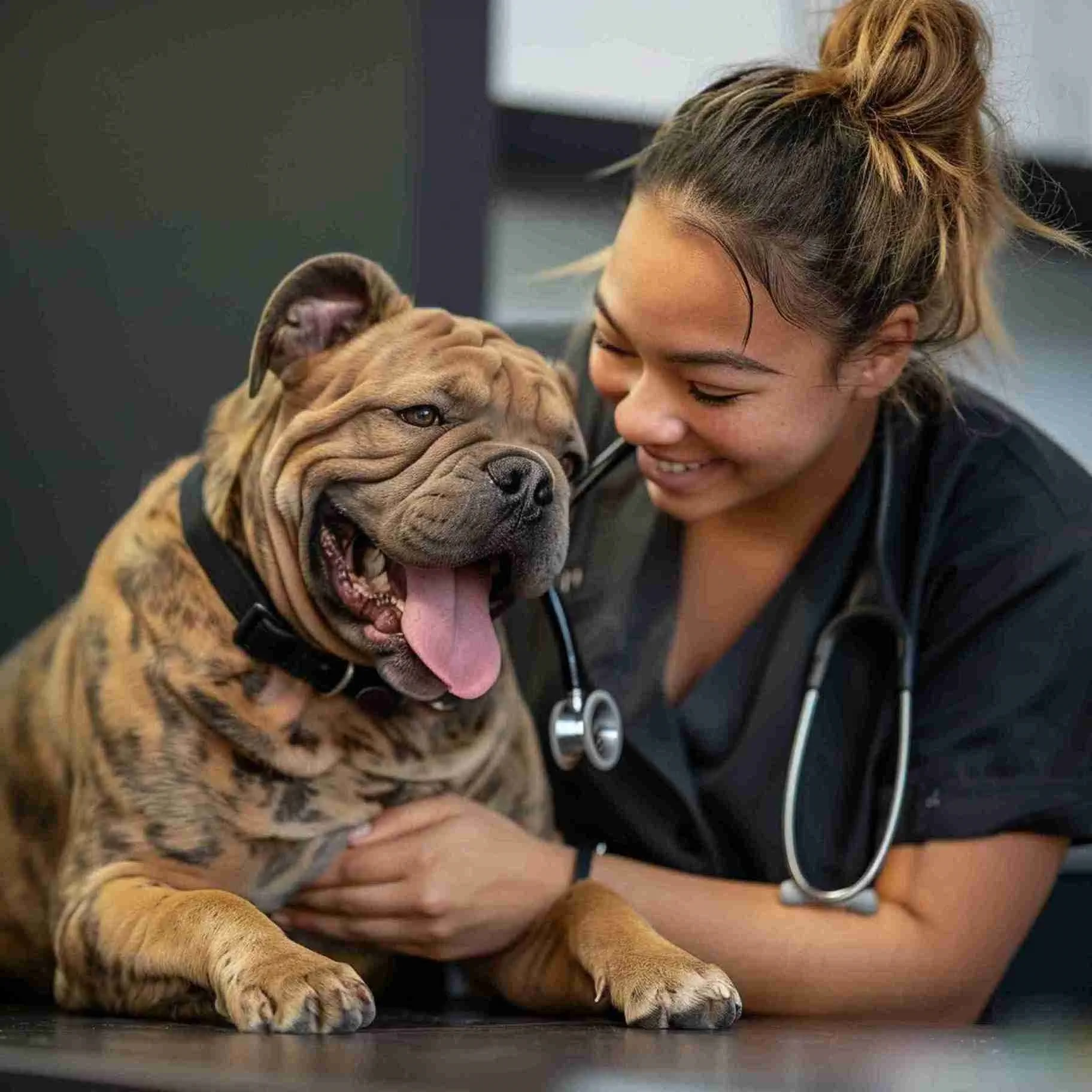
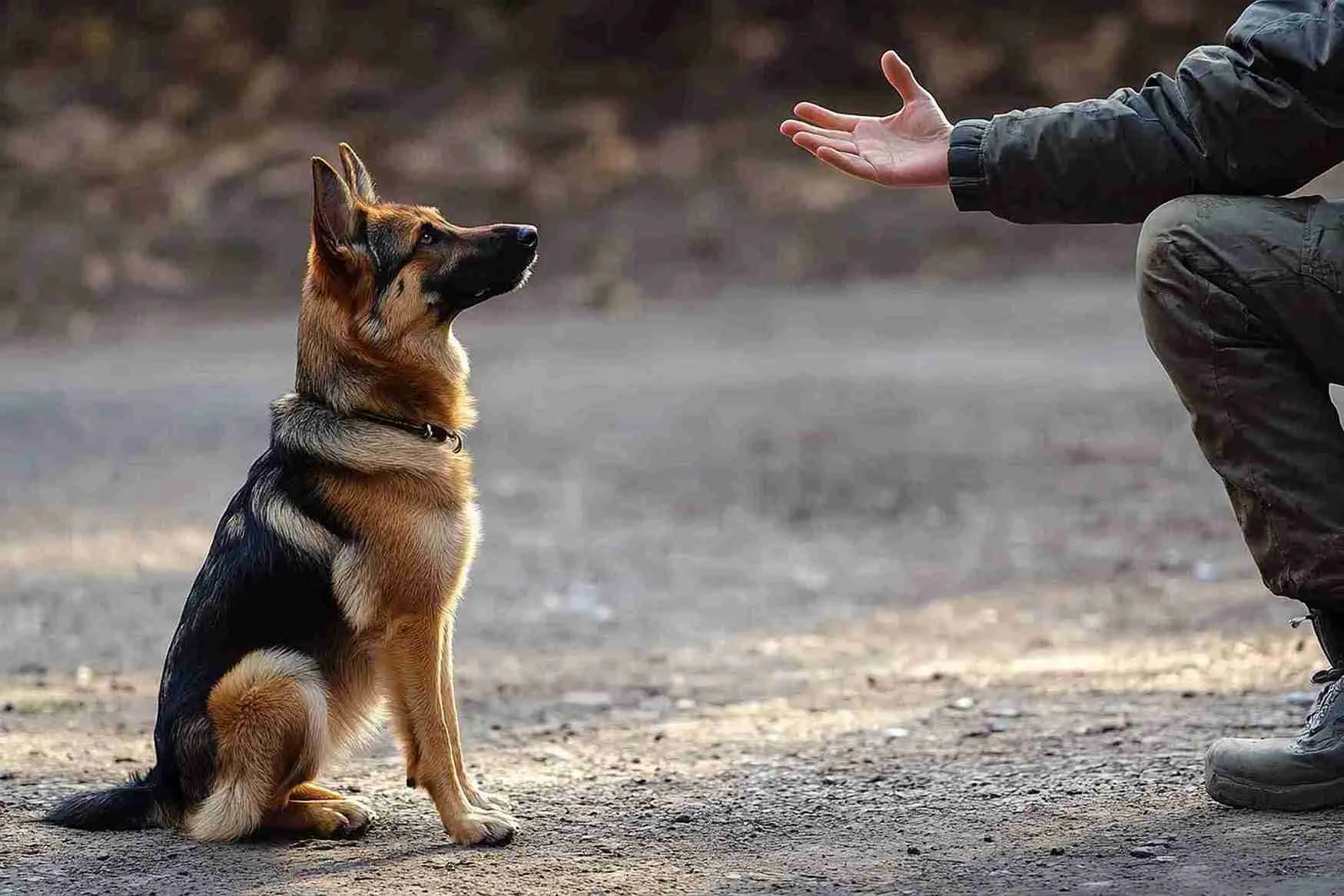
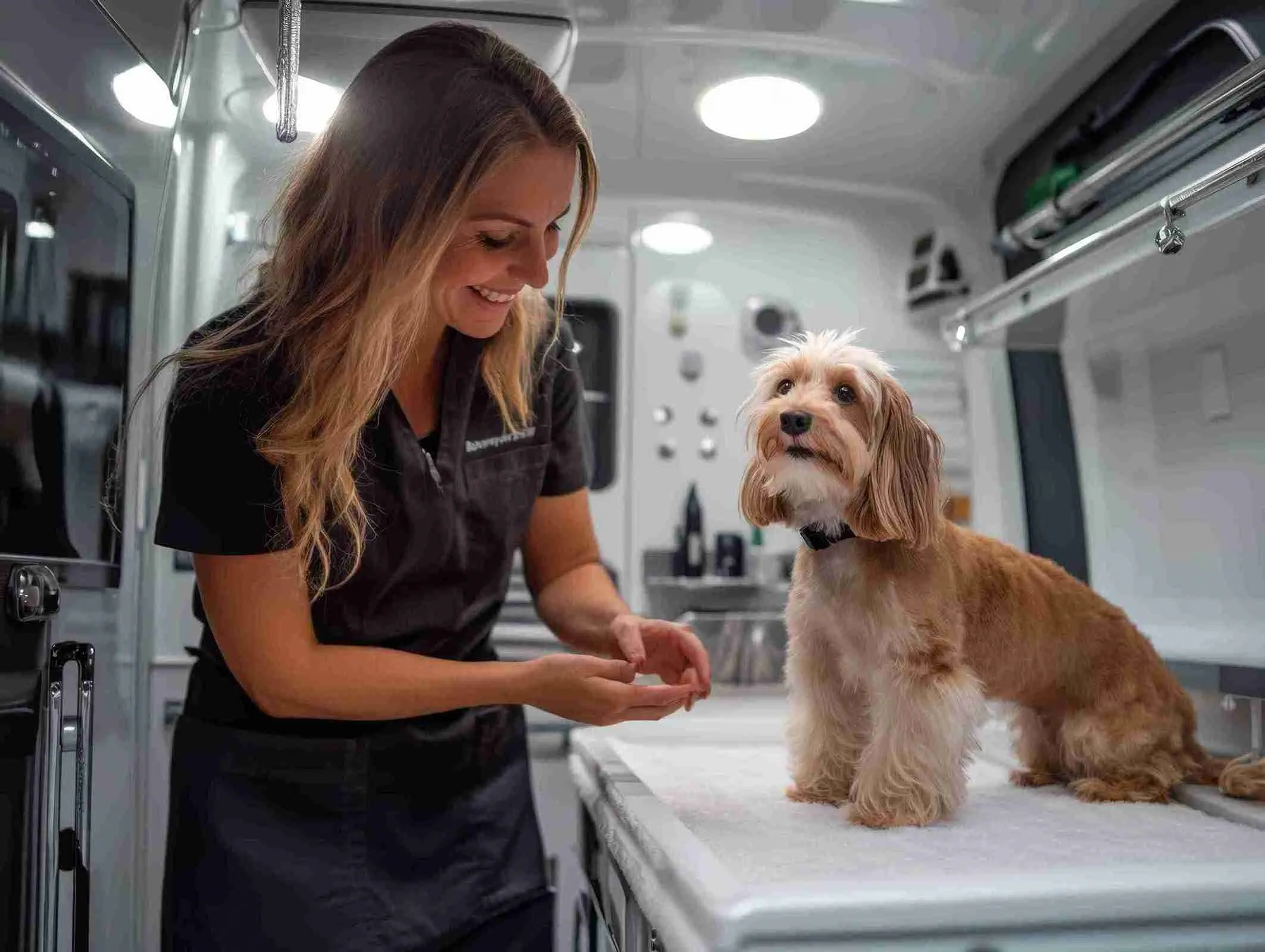
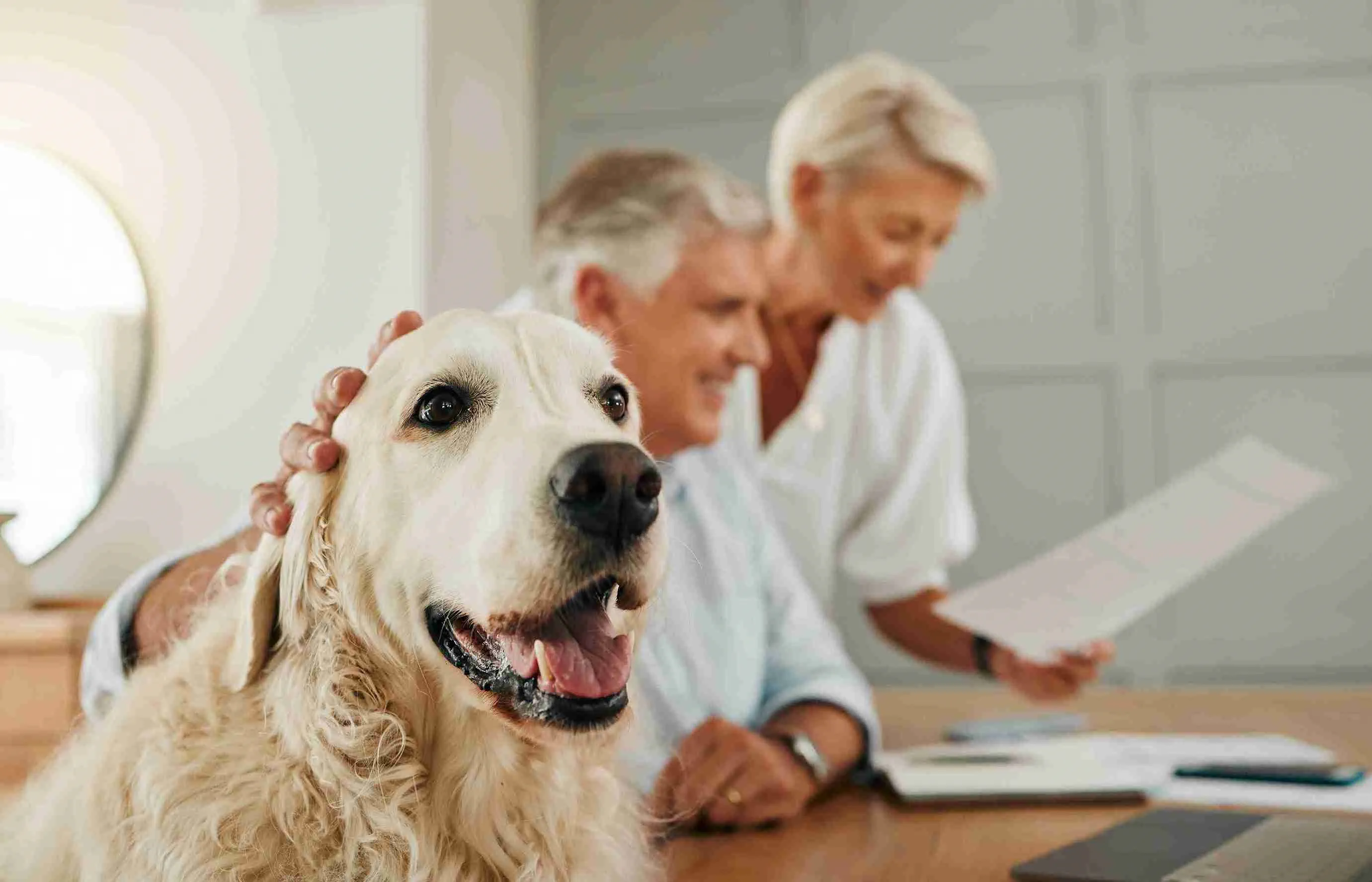






 Continue in App
Continue in App
 Continue in
Continue in
